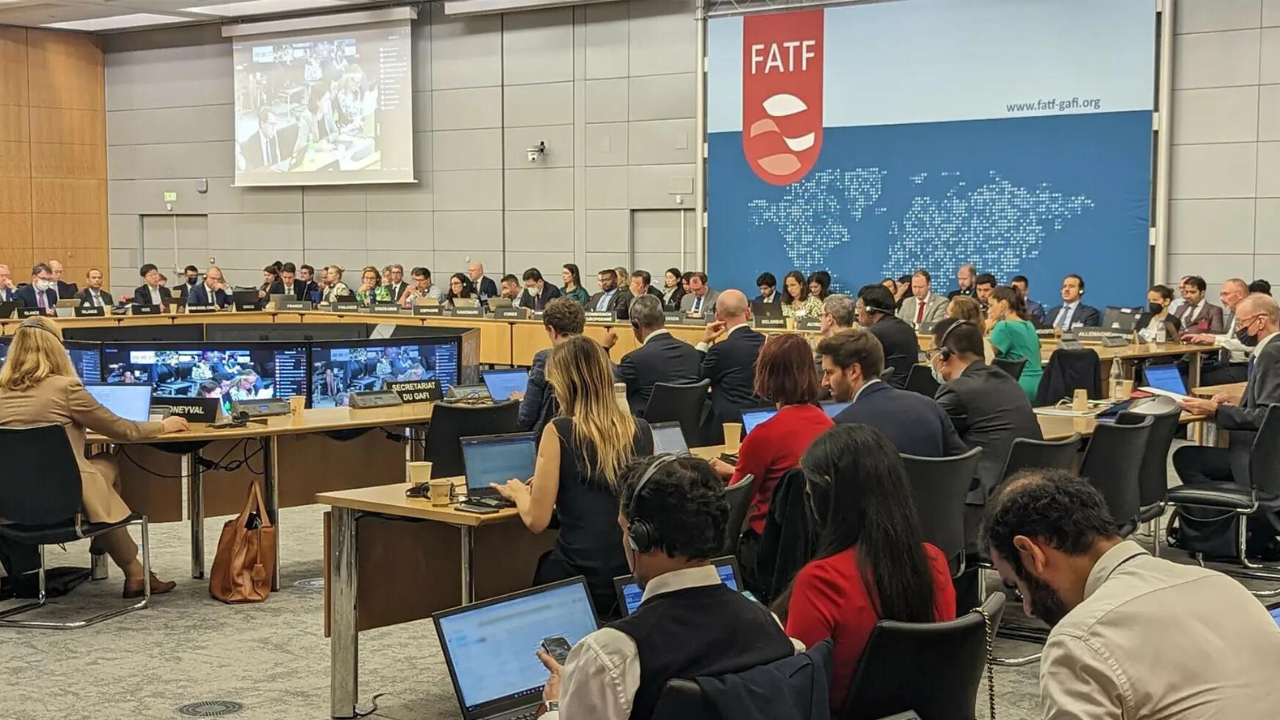The report stated that India has achieved a high-level of technical compliance across the FATF Recommendations and has taken significant steps to implement measures to tackle illicit finance.
The assessment of the country’s measures to tackle illicit finance concludes that India has implemented an anti-money laundering and counter-terrorist financing (AML/CFT) framework that is “achieving good results, including on risk understanding, access to beneficial ownership information and depriving criminals of their assets”.
It, however, added that it was “critical for India to continue to improve its system as its economy and financial system continue to grow, in particular ensuring that money laundering and terrorist financing trials are completed and offenders are subject to appropriate sanctions; and taking a risk-based and educative approach with non-profit organisations”.
Why it matters
The FATF is an intergovernmental organisation established to combat money laundering, terrorist financing, and other threats to the integrity of the international financial system. It sets international standards and promotes measures to ensure effective implementation of these standards by member countries.
India has been placed in the “regular follow-up” category by the FATF, meaning it will report back in three years regarding its progress in addressing identified deficiencies. Continuous improvement in its terror financing and anti-money laundering framework is essential as India’s economy grows
This status is shared with only a few other G20 countries, positioning India as a leader in regional AML/CFT efforts.
Achieving a high level of compliance with FATF standards enhances India’s credibility in global financial markets. It can lead to better access to international financial institutions and increased investor confidence, which is crucial for supporting India’s rapidly growing economy.
- Investor confidence: A positive evaluation from FATF enhances India’s reputation as a stable and secure financial environment, which is crucial for attracting foreign investments. Good ratings signal to investors that India has a robust framework to combat money laundering (ML) and terrorist financing (TF), thereby fostering trust in the financial system.
- Lower borrowing costs: With improved credibility, India is likely to experience lower borrowing costs on international markets. This can facilitate better financing options for both public and private sectors, supporting economic growth.
- Unified Payments Interface (UPI): The recognition from FATF is expected to bolster the global expansion of UPI, India’s fast payment system. This could enhance digital transactions and financial inclusion, making financial systems more accessible to a broader population.
‘Highest risk from within country’
The FATF report noted that India’s main money laundering risks originate from illegal activities within the country, “these risks relate primarily to fraud, including cyber-enabled fraud, corruption and drug trafficking”.
“India pursues money laundering related to fraud and forgery in line with predicate crime risks to a large extent, but less so with some other offences such as human trafficking and drug trafficking. The country needs to address the backlog of money laundering cases pending conclusion of court processes,” it read.
The report further stated that India faces serious terrorism and terrorist financing threats, including related to ISIL or Al Qaeda.
“India as a strong emphasis on disruption and prevention and has demonstrated its ability to conduct complex financial investigations. However, India needs to focus on concluding the prosecutions and convict and appropriately sanction terrorist financiers,” said the evaluation report.
The country needs to ensure that measures aimed at preventing the non-profit sector from being abused for terrorist financing are implemented in line with the risk-based approach, including by conducting outreach to non-profit organisations on their terrorist financing risks, it added.
FATF praise for India
The FATF report said that India has made significant steps in financial inclusion, more than doubling the proportion of the population with bank accounts, encouraging greater reliance on digital payment systems, and making use of simplified due diligence for small accounts.
These efforts have supported financial transparency, which in turn contribute to AML/CFT efforts.
Despite the size and institutional complexity of the Indian system, Indian authorities cooperate and coordinate effectively on matters dealing with illicit financial flows, including the use of financial intelligence. India also achieved positive results in international co-operation, asset recovery and implementing targeted financial sanctions for proliferation financing, said the report.
Indian authorities also have a comprehensive understanding of the money laundering, terrorism and proliferation financing risks but need to do more to share insights on these risk across all relevant stakeholders, it added.

